Valenzuela GLS Success Story of PSI (Psychosocial Intervention) – A PAFPI major initiative program for HIV Prevention
The Valenzuela City Site Group Learning Session (GLS) success story is a significant example of effective psychosocial intervention (PSI) in the prevention of the spread of HIV, led by the Positive Action Foundation Philippines Inc. (PAFPI) through it’s PAFPI-EpiC program field staffs with the support of some of the core staffs especially its Registered Social Worker. This initiative demonstrates how targeted psychosocial support and community education can greatly impact HIV prevention efforts. The 7-session activity starting from April 7 – May 11, 2024 was participated by 10 participants, 5-6 PAFPI staffs served as workshop, peer or participant educators and HIV counselors.
One of the major successes of the PSI program is its holistic approach to HIV prevention. By combining psychosocial support with educational initiatives, PAFPI addresses not only the physical aspects of HIV but also the emotional and psychological well-being of individuals. This comprehensive approach aims for a significant reduction in HIV transmission rates and to help break down stigma and discrimination associated with the virus.
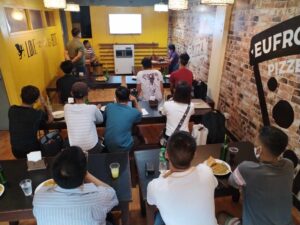
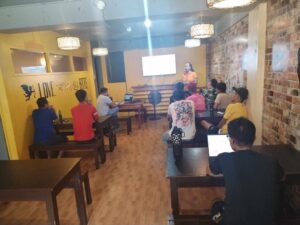
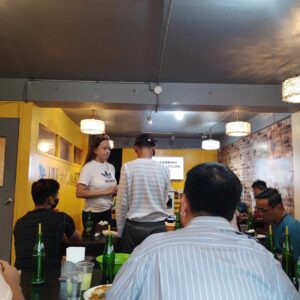
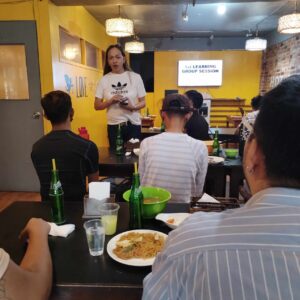
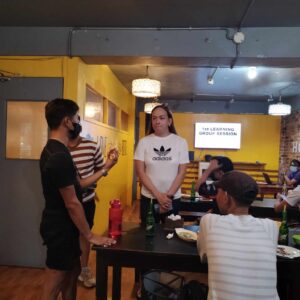
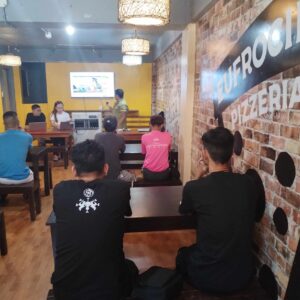
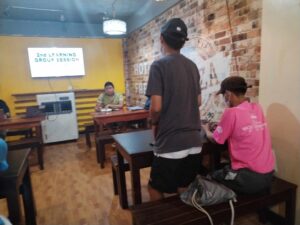
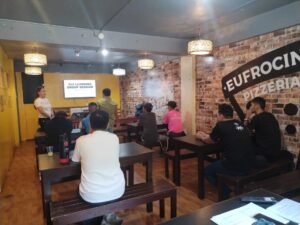
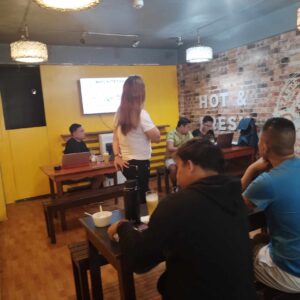
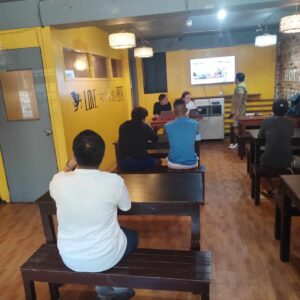
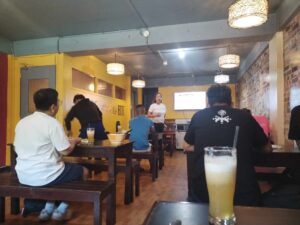
How do the participants view and feel their participation of the GLS activity? In their words:
“It is more than just us learning a lot from the GLS, it is also a support that we never expect to have these kind of events is needed in the Philippines, I would love to be a social worker for i felt the calling and it was all inspiring thanks to our CMs and Social workers who have been more than their Jobs. Keep the fire burning, the warmth we felt, we can pass it forward to those who need it.”
“Very thankful aq sa GLS dahil una ay marami akong natutunan na mga dapat Kong malaman sa HIV/AIDS bilang Isang PLHIV na kung saan ay magagamit ko para sa aking sarili at sa iba. second ay nagkaroon aq nang bagong support group na makakatulong sa akin. Laban lang, Think Positive and God is with you always.”
“Salmat sa GLS dahil dito mas nakilala ko ang aking sarili at mas minahal ko , ganun din ang pag papahalaga sa akin kapwa. Gusto kopo maging totoo kung anong meron Ako at kung ano Ako ngaun dahil nalaman kopo Ng maaga Kung ano Ang status ko ngaun. [Additionally,] If ever i have a chance na maari pang makapag undergo ng more topic specially about our meds and side effect at kung paano buo ng isang pamilya.”
“Excellent [GLS learning experience]. Thank you!”
“Mas naging positive thinker ako kumpara nung hindi pa ako umaattend sa mga learning sessions. To myself: Im proud of you at the same time disappointed… thank you for loving and accepting us.”
“Actually it really helps me a lot to strive back in life. I had a lots of realizations in life. I do have awareness not only to myself but to the people that surrounds me.”
Overview of the Program
Psychosocial Intervention (PSI):
The Psychosocial Intervention (PSI) program implemented by Positive Action Foundation Philippines Inc. (PAFPI) in Valenzuela City serves as a beacon of hope and progress in HIV prevention. Through PSI, PAFPI has successfully engaged communities, empowered individuals, and fostered a supportive environment for those affected by HIV/AIDS.
PSI involves addressing the psychological and social aspects that influence health behaviors. In the context of HIV prevention, PSI aims to provide emotional support, education, and resources to empower individuals to make informed decisions regarding their health and well-being.
Valenzuela City GLS:
The Group Learning Session (GLS) program in Valenzuela City focuses on creating a supportive environment for discussing HIV-related issues, promoting awareness, and reducing stigma and discrimination.
Key Components of the Valenzuela City GLS – a PSI Program
1. Major Key Components – Actual Group Learning Session Specific
Educational Workshops:
1. HIV Awareness and Prevention: Conducted regular workshops that provided comprehensive information about HIV, its transmission, and prevention methods. These sessions aimed to dispel myths and misconceptions about HIV.
2. Sexual Health Education: Included sessions on sexual health, emphasizing safe sexual practices and the importance of regular HIV testing.
Psychosocial Support:
1. Counseling Services: Offered individual and group counseling to address emotional and psychological concerns related to HIV. These services helped individuals cope with the fear of stigma and discrimination. Within the actual GLS, the individual counselling service activity is conducted every after the educational workshop through its “Feedbacking Session“. Group counseling – is demonstrated and conducted within the educational workshop proper.
2. Support Groups: Established support groups for people living with HIV (PLHIV) and those at risk, providing a platform for sharing experiences and gaining mutual support.
2. Additional Key Components – an Outcome Components of Psychosocial Intervention through Group Learning Session
Community Engagement:
Peer Educator Training: Participants can expect to be a trained peer educators who could reach out to their networks, spreading information and encouraging HIV testing and safer practices.
Community Dialogues: Facilitated open dialogues within the community to discuss HIV-related issues, promoting understanding and reducing stigma.
Access to Testing and Healthcare:
HIV Testing Campaigns: Organized regular HIV testing drives in partnership with local health centers to improve access to testing and early diagnosis.
Healthcare Referrals: Provided referrals to medical services, including antiretroviral therapy (ART), for those who tested positive.
Stigma Reduction:
Public Awareness Campaigns: Launched campaigns to combat stigma and discrimination against PLHIV, highlighting personal stories and positive messages.
Educational Outreach: Conducted outreach programs in schools, workplaces, and community centers to educate people about HIV and promote a supportive attitude.
Success Factors – as observed in the GLS conducted for 7 sessions, 1 session each week:
1. Holistic Approach: Addressing both the medical and psychosocial aspects of HIV prevention created a comprehensive support system for individuals.
2. Community Involvement: Engaging community members in the planning and execution of the program ensured cultural relevance and community buy-in.
3. Sustainability: Building the capacity of local organizations and training peer educators helped ensure the program’s sustainability.
4. Collaborative Partnerships: Working with local health centers, government agencies, and other NGOs enhanced resource mobilization and service delivery.
Outcomes
The Valenzuela City GLS program aims to achieve several positive outcomes:
1. Increased HIV Awareness: Significantly raised awareness about HIV, its transmission, and prevention methods within the community.
2. Higher Testing Rates: Increased rates of HIV testing and early diagnosis, facilitating timely intervention and treatment.
3. Reduced Stigma: Noticeable reduction in stigma and discrimination against PLHIV, fostering a more supportive community environment.
4. Empowered Individuals: Empowered individuals through education and psychosocial support, leading to healthier behaviors and reduced HIV risk.
Conclusion
The Valenzuela City GLS program by PAFPI illustrates the effectiveness of psychosocial interventions in HIV prevention. By addressing the emotional and social dimensions of HIV, in addition to traditional medical approaches, the program has significantly impacted HIV transmission rates and improved the quality of life for those affected by HIV in Valenzuela City. This success story aims to serve as a model for similar initiatives aiming to combat HIV through comprehensive and community-centered strategies.
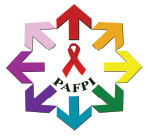
I don’t think the title of your article matches the content lol. Just kidding, mainly because I had some doubts after reading the article.